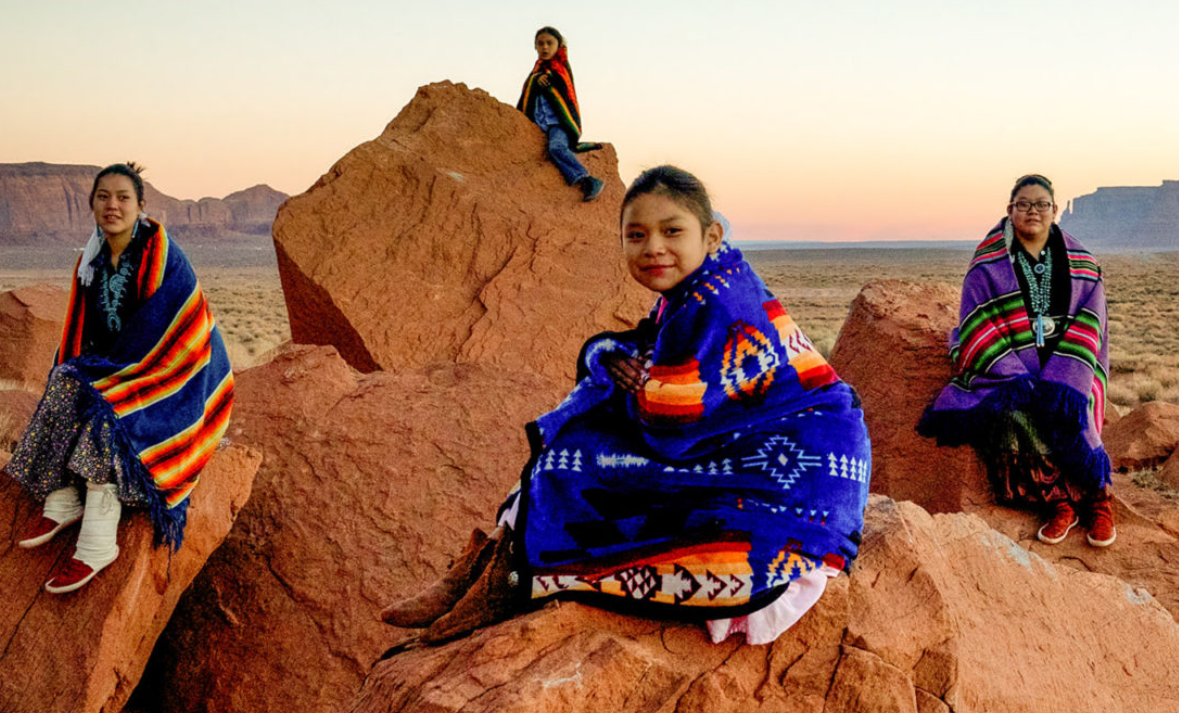
- Details
- By Native News Online Staff
On October 10, 2024, the Navajo Nation Division for Children & Family Services (DCFS), previously known as the Division of Social Services, received official approval for their "DCFS 477 Plan" from the Bureau of Indian Affairs. Public Law 102-477 allows Tribes to voluntarily integrate employment, training, and related services, aiming to improve service effectiveness, reduce unemployment in Indian communities, and support Tribally defined goals aligned with self-determination policies.
“This DCFS team effort in developing the 477 Plan began in the beginning of the year which involved many collaborative meetings with BIA Workforce Development Specialist, Rae Belle Smeaton Whitcomb of the Curyung Tribe,” states Mary Descheeny-Reyna, senior staff with the DCFS Executive Office. “DCFS was fully transparent in communicating helpful information and developments through hosting public information sessions.”
The approval process featured several information meetings with key stakeholders, including the Navajo Nation Office of the President & Vice President, the 25th Navajo Nation Council, Navajo Nation Division Directors, the Navajo Health, Education & Human Services Committee, the Navajo Department of Justice, and division staff.
On June 13, 2024, the 477 Plan received a historic approval, passing through three levels of oversight in a single day: the Health, Education & Human Services Committee, the Naa’bik’iyati’ Committee, and a Special Navajo Nation Council Session, where it was unanimously approved for submission. The 53-page plan was then forwarded to the Bureau of Indian Affairs for a 90-day review.
“This is one of the changes the Navajo people voted for in January 2022,” states Thomas Cody, Executive Director of the Division for Children & Family Services. “We are making changes to make it our own and easier to spend the funds. The Navajo Nation can now truly develop programs that reflect the needs of the people.”
The DCFS staff's diligent efforts led to the approval, marking the establishment of the Navajo Nation's first 477 Program. Further updates on the next steps will be available soon on the DCFS website, www.nndss.org.
More Stories Like This
Native News Weekly (August 25, 2024): D.C. BriefsUS Presidents in Their Own Words Concerning American Indians
Federal Judge Orders ICE to Halt Use of Pepper Spray, Arrests of Peaceful Protesters in Twin Cities
Tunica-Biloxi Cultural Leader John D. Barbry Walks On
Next on Native Bidaské: Federal ICE Activity in Minneapolis: Ruth Buffalo’s Perspective
Help us defend tribal sovereignty.
At Native News Online, our mission is rooted in telling the stories that strengthen sovereignty and uplift Indigenous voices — not just at year’s end, but every single day.
Because of your generosity last year, we were able to keep our reporters on the ground in tribal communities, at national gatherings and in the halls of Congress — covering the issues that matter most to Indian Country: sovereignty, culture, education, health and economic opportunity.
That support sustained us through a tough year in 2025. Now, as we look to the year ahead, we need your help right now to ensure warrior journalism remains strong — reporting that defends tribal sovereignty, amplifies Native truth, and holds power accountable.
 The stakes couldn't be higher. Your support keeps Native voices heard, Native stories told and Native sovereignty defended.
The stakes couldn't be higher. Your support keeps Native voices heard, Native stories told and Native sovereignty defended.
Stand with Warrior Journalism today.
Levi Rickert (Potawatomi), Editor & Publisher


